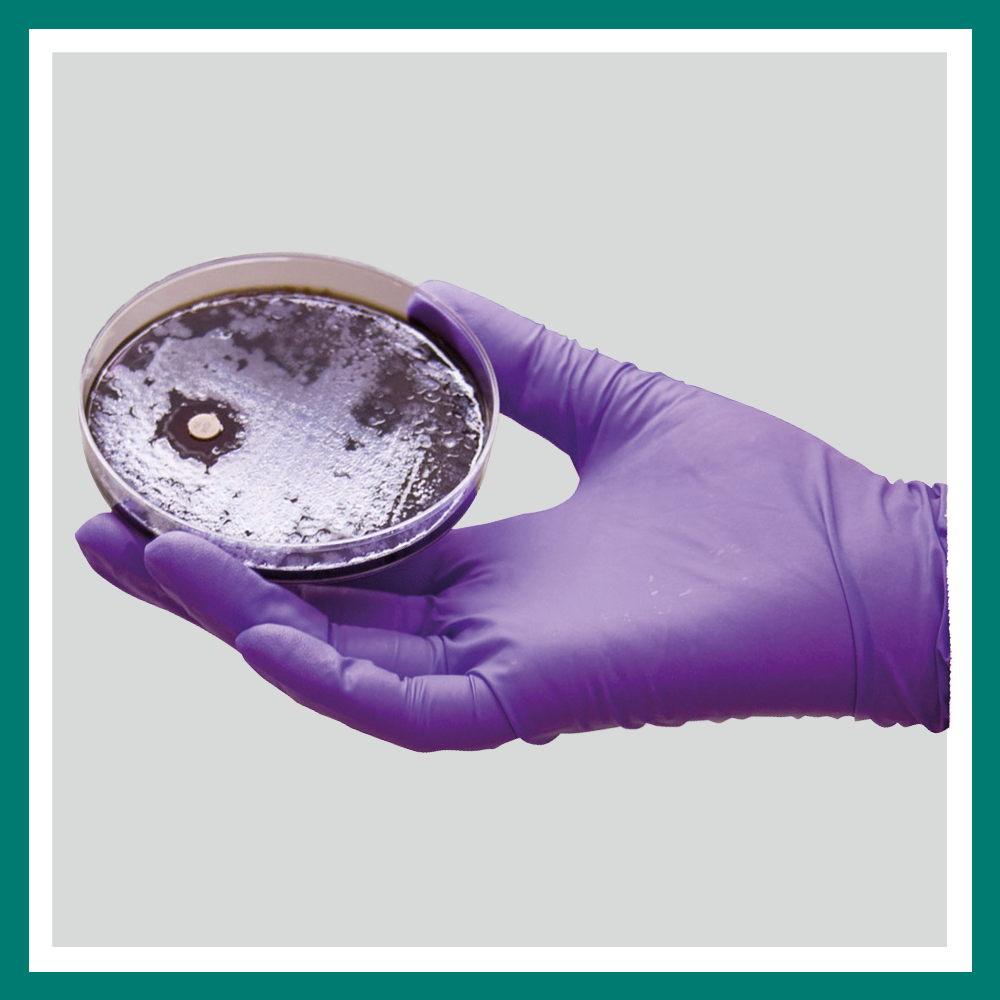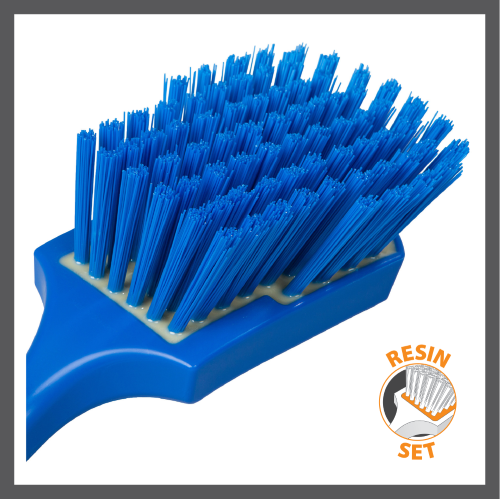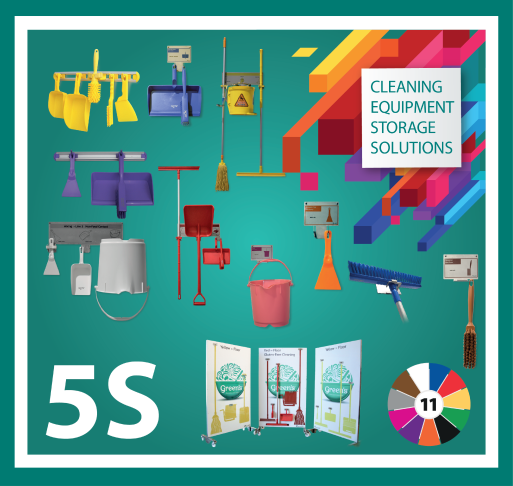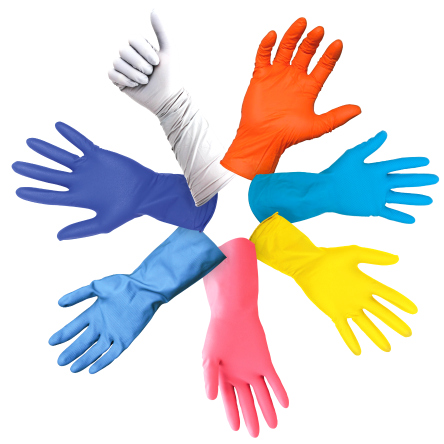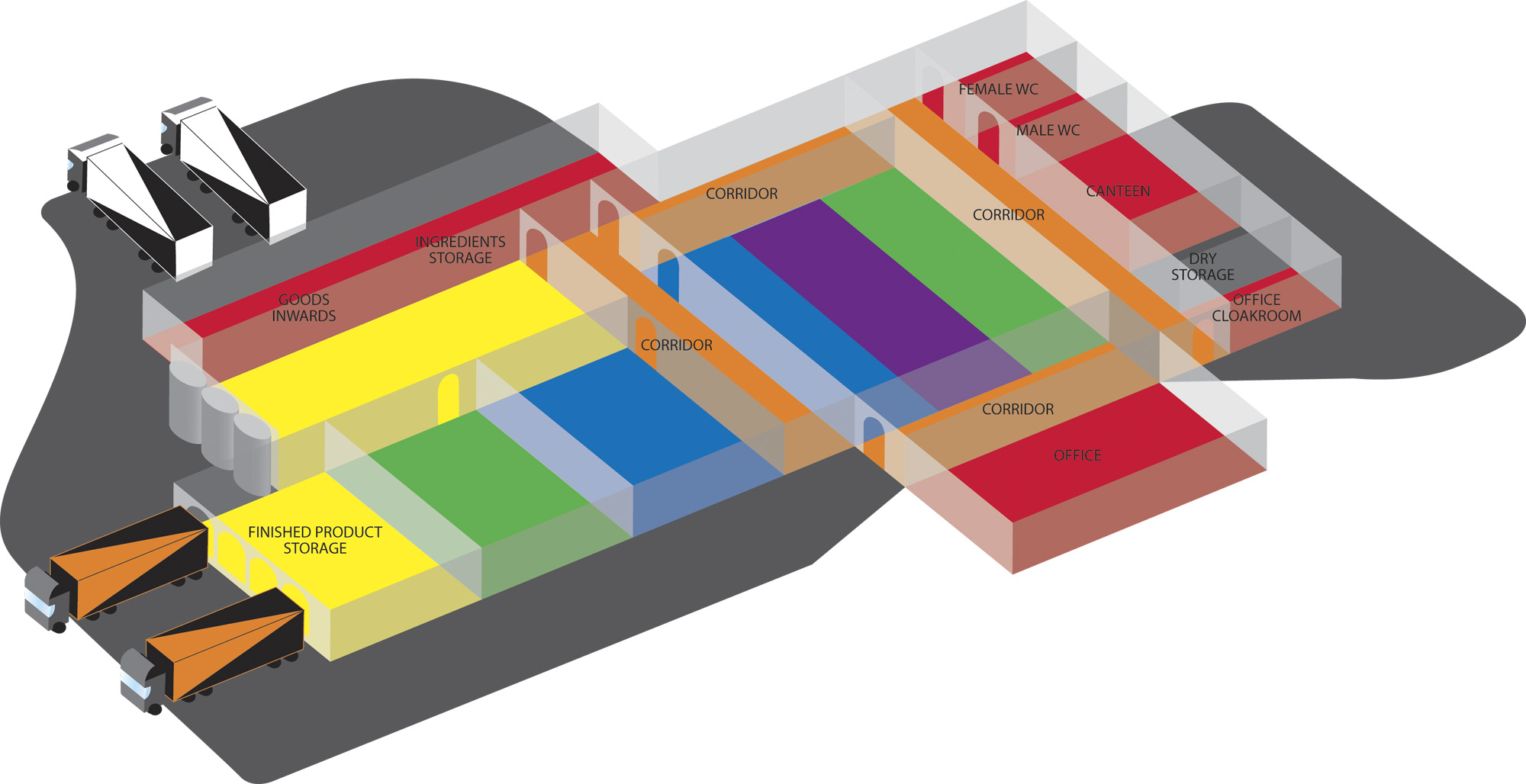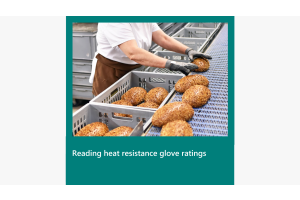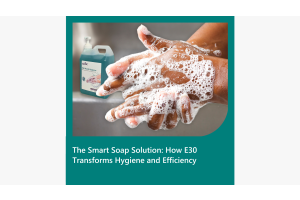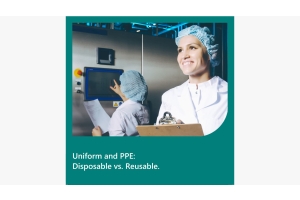food safety
-
Posted: May 30, 2024Read more »
The terms "X-ray detectable" and "metal detectable" refer to two different types of detection technologies used primarily in the food, pharmaceutical, and manufacturing industries to identify and eliminate contaminants. Here's an overview of the differences:
X-ray Detectable
Detection Technology: Uses X-ray imaging to detect contaminants.
Types of Contaminants Detected: Capable of identifying a wide range of contaminants, including metals, glass, stones, bones, certain plastics, and dense rubber compounds.
Detection Method: X-rays pass through the product, and the system detects differences in density between the product and potential contaminants.
Suitability: Ideal for detecting non-metallic contaminants and for products packaged in metalised films or aluminium foil.
Precision: Generally more precise in detecting small or -
Posted: October 04, 2022Read more »
Metal detectable products are becoming increasingly common within the food industry, It is essential to understand the different features and how they can impact you. As always, the priority is ensuring the highest standards of safety are maintained. Pen features vary significantly, so choosing the right pen to suit your needs is essential.
Here are some factors you need to consider when selecting your metal detectable stationery.
Is the most detectable pen the best option?
While it may sound counterintuitive, the pen made from the most detectable plastic might not be the best option. Small amounts of ferrous material are added to the plastic mix to make plastic detectable. Simply put, the higher the ferrous material in the mix, the more detectable the plastic is. However, this both makes the
-
Posted: June 15, 2021Categories: Food SafetyRead more »
Food is essential, and something we all thrive on; we require good food for our health and as an enjoyable feature of our social lives. But how can something we both enjoy and require, harm us?
There are many types of illnesses caused or linked to food. Some of the most common include Salmonella, E.coli, Clostridium perfringens, Hepatitis, Campylobacter Staphylococcus aureus (aka staph) Norovirus and Listeria. Food illnesses can occur in domestic situations, however, with more people preferring the convenience of bought meals and snacks, it is important that we help reduce the risk of food poisoning, by minimising any potential contamination.
How do food illnesses start? Bacteria, virus, and parasites are all around us in our day to day lives, which is why we have immune systems. However, they become harmful to humans when they multiply or spread, if we are not immune to them, or consume too much. When food becomes affected by a foreign bacteria/virus it is considered
-
Posted: May 25, 2020Read more »
Resin set brushes are an advance on standard brushware. Resin-set increases bristle retention, and minimises the risk of harbouring bacteria in your brushware.
Resin set brushes are constructed in a similar manner to standard brushware, but an indented area is left around the bristle clumps.
The bristles are stapled into the brush block in the standard manner, then a liquid resin is poured around the bristle clumps. This seals off the bristle holes, and creates a smooth, flat finish around each bristle clump.
Using resin-set brushware gives additional peace of mind that your brushware won't be risking the integrity of your product.
-
Posted: January 20, 2020Read more »
Implementing a 5S system in your food processing facility may seem like a daunting task.
While there a many factors to be considered, and decisions to be made, making a start doesn’t need to be difficult.
Below is a simple checklist you can use to begin the process of implementing a 5S storage solution for your cleaning equipment.
It will give you an idea of what stage you are at, and what decisions will need to be made before beginning implementation.
Do you currently have a colour code plan for your site (by area/allergen/process)?
Yes No Comments:Do you have a documented colour code plan that segregates different areas, products, or allergens? It is important to have this confirmed before going much further so that there aren’t changes later on to the colours you are using in each area.
Do
-
Posted: January 17, 2020Read more »
There are a variety of different disposable gloves available, and knowing what option is best for your situation can be difficult.
Below is a brief overview of the 4 main types of disposable gloves.
Vinyl
Traditionally the most common type of glove, vinyl is now rarely used in food production facilities.
Their main advantage is their low cost per unit, although this can be deceptive if usage is higher through frequent breakages. Vinyl gloves are often preferred to wear, as they ‘breath’ and result in less sweaty hands. Obviously this is a serious contamination risk, and should be considered in your glove choice.
More recently, the environmental impact of the manufacture of vinyl has also come to light, which has further discouraged the use of vinyl gloves.
Nitrile
The most common glove type in food production facilities.
Nitrile gloves have a high strength, and a high dexterity. They are typically
-
Posted: January 10, 2020Read more »
Color-coding is an effective way to minimize cross-contamination or other hazards within a processing facility.
While not always a requirement, color-coding can demonstrate a company’s commitment to the quality and consistency of their products while maintaining a high level of safety for both their employees and consumers. It can be implemented to provide ‘zone control’ within a food processing or food service facility. Different colours can be assigned to each step in the process or by manufactory lines. When the colours are assigned to zones, confirming that a tool is misplaced is easy and tracing it back to its point of origination is quick.
1. Keep it simple - Limit the number of colours you use to keep it as simple as possible.
2. Pick contrasting colours - Red colour coded equipment is often associated and used with raw/uncooked meats. However, being aware of the potential problems



